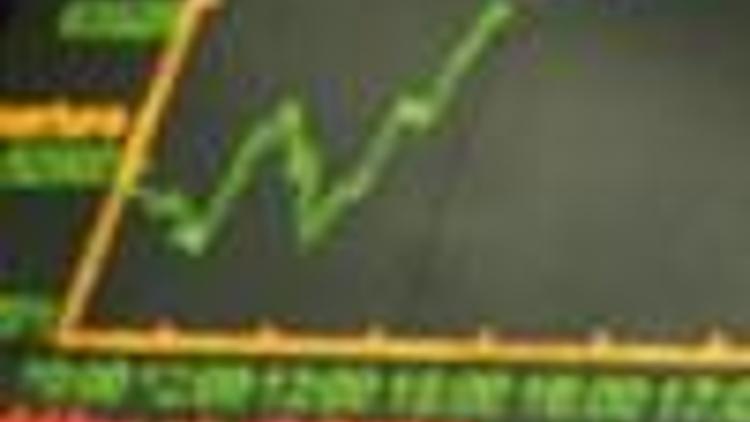Turkish data and hikes paint mixed inflation picture
Güncelleme Tarihi:

July retail price inflation in Turkey's largest city Istanbul showed a surprise fall on Friday, prompting analysts to lower their forecasts for national inflation data due on Monday.
But the inflation outlook was complicated by a near-20 percent hike in
Retail prices in
"Such a decline implies that the disinflation trend is stronger than we expected," said JP Morgan economist Yarkin Cebeci.
"These data should be the last nail in the coffin of the hiking cycle. However, given the central bank's cautious stance, we do not expect any cuts until next spring."
The inflation data gave fresh guidance to markets already busy digesting the implications of Wednesday's court ruling against banning the governing AKP - a move seen as a major step towards banishing months of political uncertainty, which has pushed markets sharply lower.
Turkish shares and the lira both rose on Friday, building on a strong rally on Thursday in the wake of the verdict. High inflation has been another factor weighing on sentiment in 2008.
Analysts are divided on prospects for further interest rate hikes and it is unclear whether the latest data and price hikes will affect expectations generally.
The Central Bank raised the key borrowing rate three times in the past three months to take it to the current 16.75 percent, among the highest in emerging markets. The next rate-setting meeting is on Aug. 14.
According to a Reuters poll last week, Turkish consumer prices are expected to rise 0.32 percent in July, pushed up by electricity price hikes. The Turkish Statistics Institute will release the nationwide July data on Monday.
JP Morgan's Cebeci revised the bank's monthly inflation forecast down to 0.15 percent from 0.55 percent after the data.
Fortis lowered its July consumer price inflation forecast to 0.1 percent from 0.3 percent.
�
GAS PRICE SURGES
Separately, state pipeline company Botas said natural gas prices rose from Friday by 16.88 percent for residential properties and 18.77 percent for industry in line with a new cost-based pricing mechanism.
Analysts said the price hike was set to push up annual consumer price inflation, which was up 10.6 percent year-on-year in June, by 0.2-0.5 percentage points.
In June, the central bank revised its inflation targets up to 7.5 percent for end-2009, 6.5 percent for end-2010 and 5.5 percent for end-2011.�
The new pricing mechanism, introduced by the High Planning Board from the start of July, applies to all state energy firms. It is seen as an important step before further privatizations of electricity distribution and production facilities.
The latest price hike would put the Central Bank in a difficult position on the interest-rate front, said Raymond James economist Ozgur Altug.
"The Central Bank may be forced to continue with interest rate hikes...after the natural gas price rise further spoiled inflation expectations after the electricity price rise," Altug said.
Before the new pricing system was introduced, electricity prices for industry were raised by 22 percent effective from July. Power companies have not applied to set new power tariffs this month

